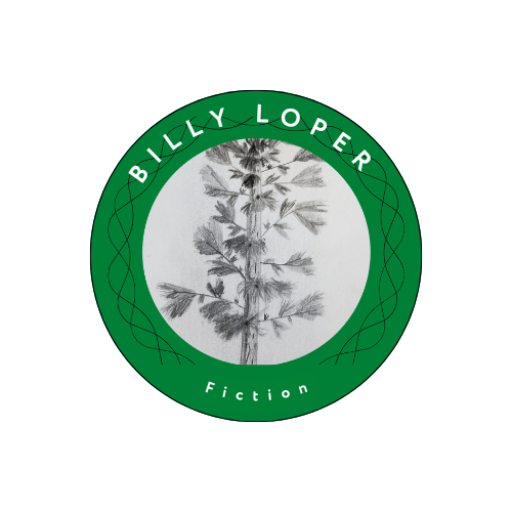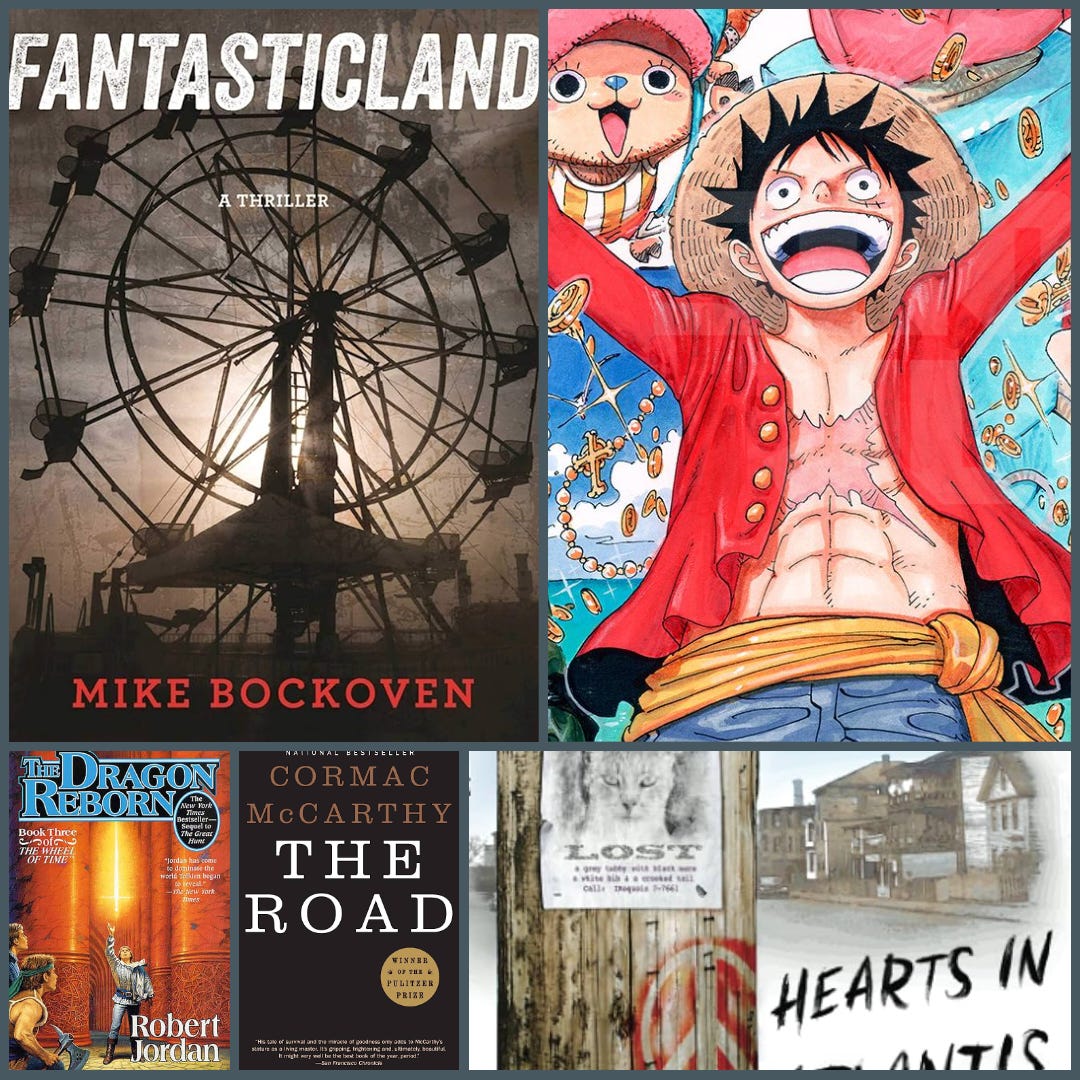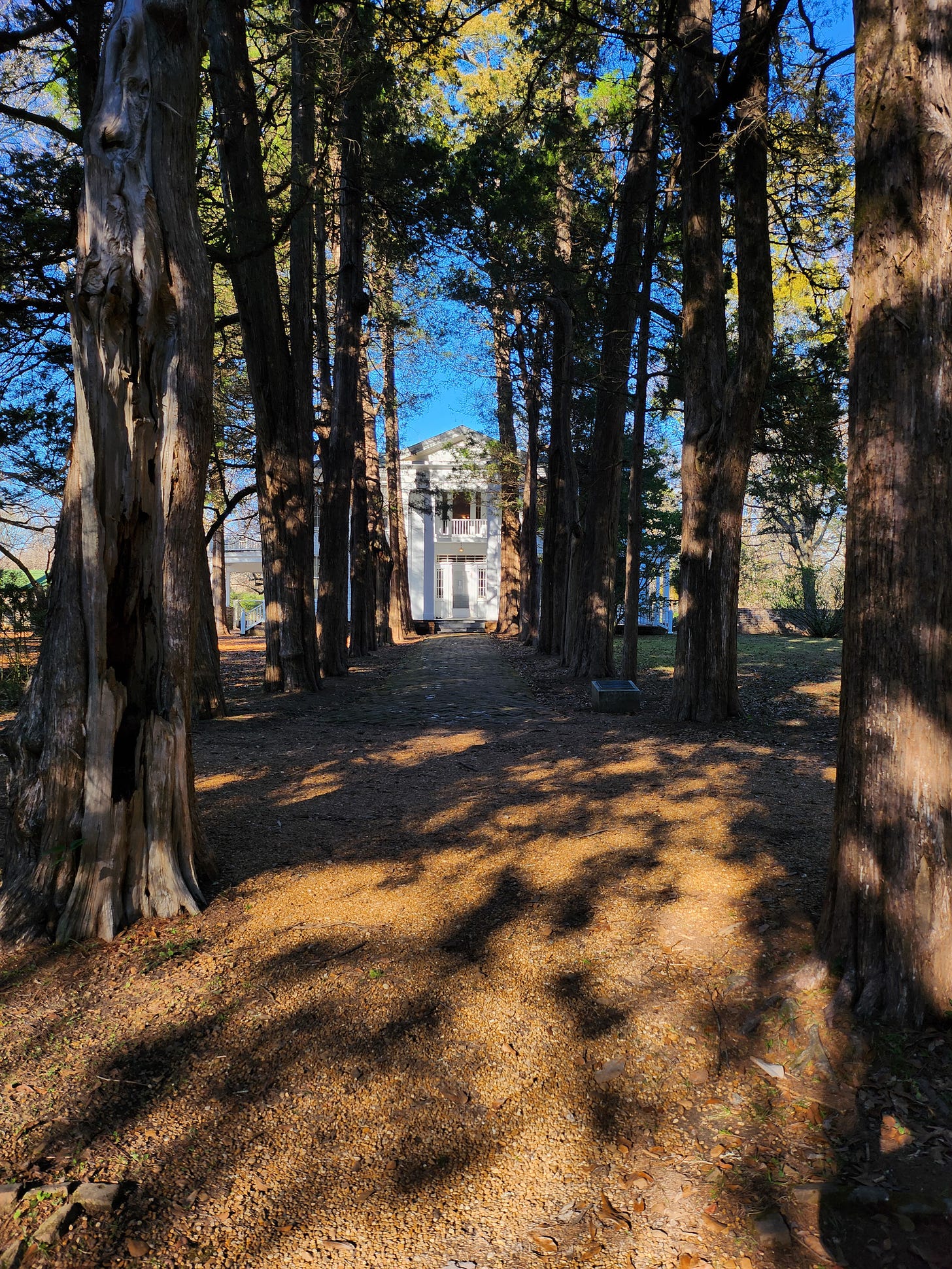Thanks for reading!
Any support, even just giving these posts a read, is always appreciated.
Recent Updates:
It’s with a degree of severe melancholy that I let y’all know that the full request I had out has been rejected. However, searching for that every hazy silver lining, the agent did provide me with some great, actionable feedback.
The trenches remain.
Project Progress:
Finished a round of edits on the horror novella, so I’m taking a break to draft a new project. It’s my first attempt at literary fiction in long form, and will likely be a long process.

Recent Fascinations: Outlining, Writing from the Gut, and the Eternal Battle Within
If you sit down and talk with any group of writers, they’ll be a couple of topics that always come up. Adverbs, passive voice, and editing are some of the more common ones, but by far the most repeated topic of conversation for writers is the eternal debate between Outliners and Non-Outliners.
The conversation comes in a dozen different forms. Perhaps the two best known are George R. R. Martin’s distinction between “Gardeners and Architects” and the National Novel Writing Community’s “Pantsers and Planners.” While at one time GRRM’s essay on the topic might’ve been the better known of the two, NaNoWriMo’s pervasive presence online has caused Pantser/Planner to become the default framework. I won’t be using either set of these labels.
To categorize these two processes in terms like this applies some sort of value judgment towards one or the other. You’re either a gardener, who lets their novel flow from his fingertips with the speed at which it requires and in the way the whims of the words see fit, or you’re an architect, who meticulously shapes the words and then constructs his novel according to the plans devised. You’re either a pantser, flying by the seat of your pants, or a planner, organized and disciplined. I do not mean that I think GRRM or the NaNoWriMo folks are meaning to say that one or the other is better, but I do think that categorizing yourself or your writing style says something about the processes inherent in both.
I have the (not so unique) position of having been both an outliner and a non-outliner. Early on in my fledgling days, I read Stephen King’s ON WRITING for the first time, where he talks at great lengths about why doesn’t outline, and about how he sees writing as a near-spiritual experience. At the time, I latched onto this idea and steadfastly refused to ever use an outline in my writing. This process created a lot of false starts, half finished projects, and a handful of pretty good short stories, but it never quite felt like how I was supposed to be writing. To be sure I am clear: I am not saying that I had some grand revelation that King was wrong. Obviously it works for him. Instead, what I’m getting at is that I tried to lump myself in with the writers that so adamantly denies outlining that it becomes personality. The gardeners. The pantsers. I tried to align myself with that style of writing, when it just never worked for me.
As I started (attempting) to take writing more seriously, dedicating myself to finishing projects and focusing on getting published, I started to reevaluate my writing process. As I finished up the first draft of my Sci-Fantasy WIP (the one that’s currently being queried), I realized that so much of the text was aimless, and that because of that my prose had lost its focus and been blunted. So, as I moved forward with new projects and planning the sequel to my Sci-Fantasy project, I started to lean more and more on outlining. I’ve found that in the initial rough draft I am more able to focus on language, crafting clear metaphors, and precise characterization, because I am not so focused on where the story is going.
More profound than the direct affect on my writing process, though, has been the way outlining didn’t affect how I feel when I write. I have said here before that I have a near-compulsive need to write. Writing is always on my mind, and much in the way King describes it in ON WRITING, it sometimes feels like a near-spiritual experience for me. But, unlike what King posits, turning towards a more structured, outlined approach to writing has not lessened that at all. I still feel like I’m writing from my gut, from the center of my being, regardless of how much thought I’ve put into it beforehand.
Outlining and not-outlining aren’t some diametrically opposed mechanisms that decide the way writing works or is conceptualized for a given writer. They’re just tools and methods for all of us, things to help us get our stories out there. A chisel in the hand of the carpenter.
As long as we get our stories out, it doesn’t really matter how we hold the chisel.
Thanks for reading.







